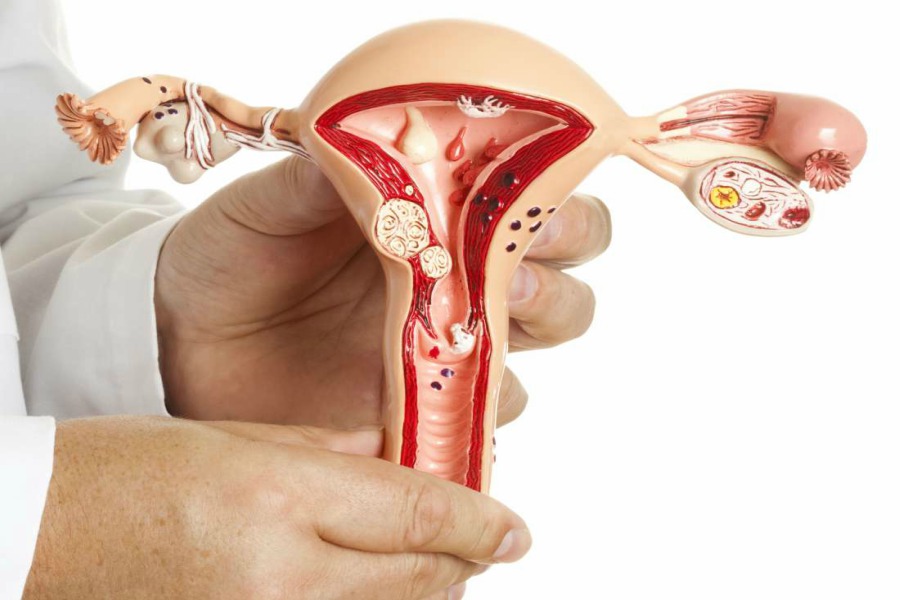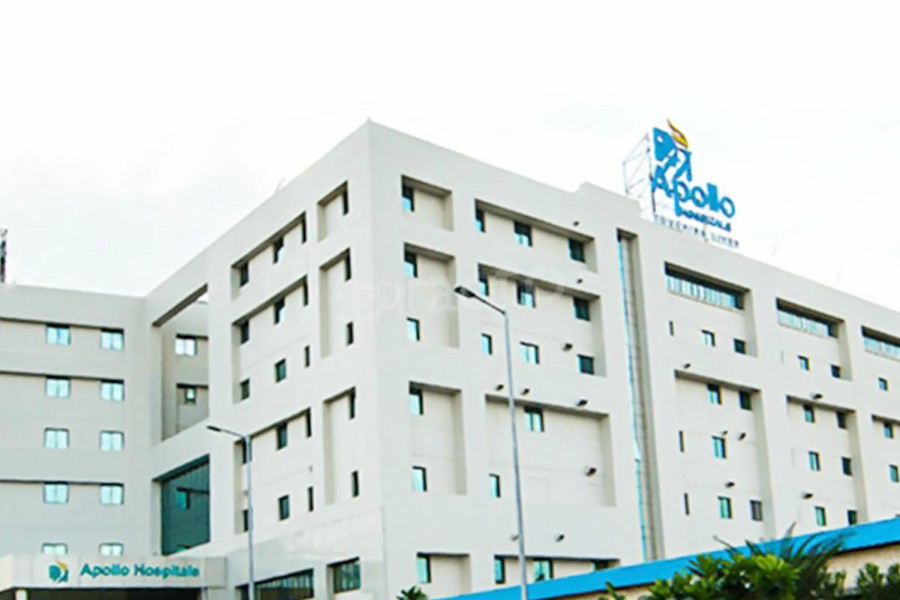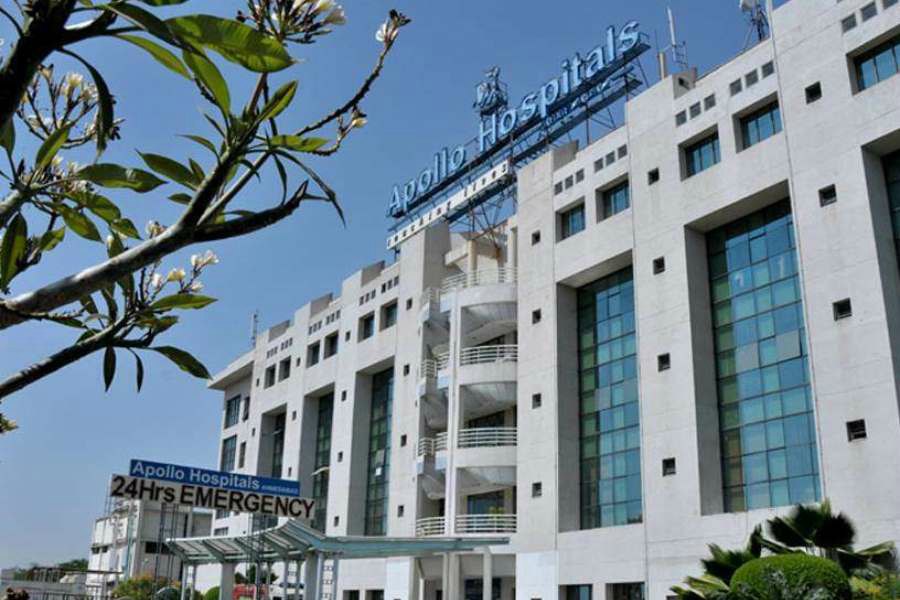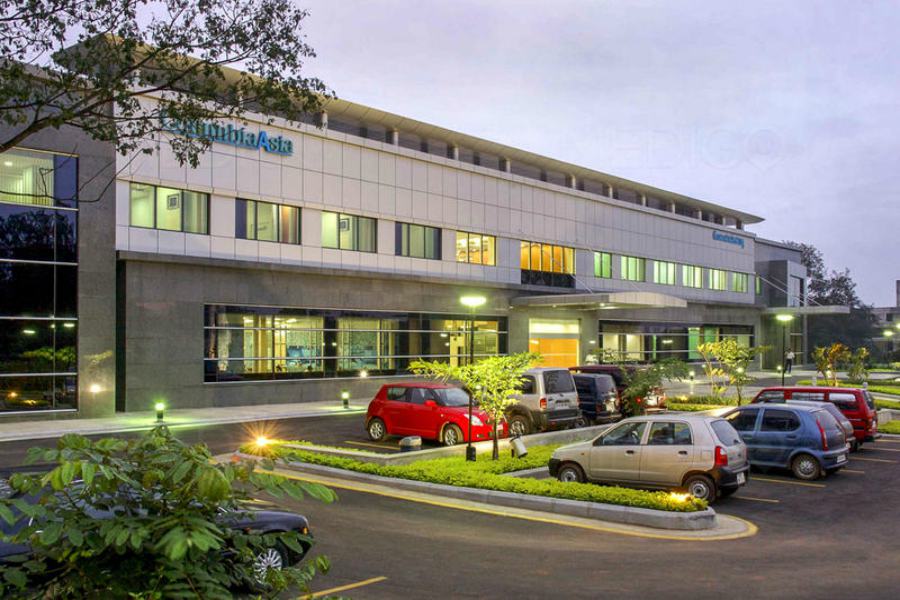
Almost every woman experiences some problems associated with menstruation in their reproductive life. Some women have problems like heavy menstrual bleeding, long periods, and severe abdominal pain, which have a huge impact on the emotional health of a woman. If you are one of them, endometrial ablation can offer you great relief.
Overview
Endometrial ablation is a procedure that involves the destruction of the endometrium (lining of the uterus). The main aim of this procedure is to stop or reduce heavy menstrual flow. Menstrual flow is considered heavy when the tampon or sanitary pad gets completely soaked within two hours.
ELIGIBILITY
Women who have tried other treatment modalities, but failed to obtain successful result can undergo endometrial ablation. It is usually preferred for women who are not pregnant and do not want to get pregnant. However, endometrial ablation is an appropriate treatment option for a woman who has:
- Heavy menstrual bleeding
- Periods that last for more than one week
- Bleeding in between the periods
- Anaemia because of heavy menstrual bleeding
PREPARATION BEFORE PROCEDURE
During the pre-operative visits, the surgeon will review your medical and medication history. The surgeon will brief you about the procedure, its benefits, and risks. During this period, you will be advised to undergo a few tests to check for the presence of cancer and overall health for undergoing the procedure. Additionally, a pregnancy test is also done; if you are pregnant, then this procedure is not performed. The surgeon will prescribe certain medicines to thin the endometrium before the procedure.
Follow these instructions to improve the outcome and to reduce the risk of complications:
- Do not take blood thinners or any medications that increase the risk of bleeding during and after the surgery.
- Inform your surgeon if you have an intra-uterine device. The surgeon will remove this device before performing endometrial ablation.
- Tell the surgeon about the use of current medications and other natural substances
- Quit smoking
- Take the prescribed medicines
- Talk to your doctor regarding any dietary restrictions before the procedure
PROCEDURE TYPE
The doctor will use any of the following methods for endometrial ablation:
- Cryoablation: A thin probe with extremely cold temperature is passed into the uterine lining to freeze and destroy the endometrium. This procedure is usually performed under the guidance of an ultrasound.
- Electrosurgery: In this procedure, a slender telescopic device known as resectoscope is inserted inside the uterus. Either an electrical wire loop or a rollerball is passed through this device to destroy the uterus lining. This procedure is done under the influence of general anaesthesia.
- Hydrothermal: Heated saline is pumped inside the uterus for about 10 minutes to destroy the uterine lining.
- Heated balloon: A thin tube with a balloon-like device at one end is inserted inside the uterus. The surgeon will now pass heated fluid into the balloon-like device to destroy the uterine lining. Based on the type of devices used, this procedure lasts for about two to 10 minutes.
- Microwave: In this procedure, microwave energy is passed through a thin tube to destroy the uterine lining.
- Radiofrequency: A flexible electrical mesh is placed inside the uterus. This device transmits radiofrequency energy to heat up and destroy the uterine lining.
ABOUT PROCEDURE
Based on the type of ablation performed, the doctor may administer either general or local anaesthesia. No incisions are required; instead, the doctor will widen the cervix and insert a small, slender instrument into the uterus. Now, depending on the size of the uterus, type of pre-treatment medication, and type of anaesthesia administered
POST-PROCEDURE CARE
Nausea and frequent urge to urinate is common within 24 hours after the procedure. You may also experience abdominal cramps for a few weeks, which can be managed by taking the prescribed medications. For a few weeks, you may also have watery discharge mixed with stools.
RECOVERY TIPS
The following tips help in quicker recovery:
- Take adequate rest
- Avoid sex for at least two to three days after the procedure
- Take the prescribed medicines
- Do not lift heavy weights
- Avoid strenuous exercises
- Have a healthy and well-balanced diet
- Consult the doctor on noticing unusual symptoms
FACTORS AFFECTING COST
The cost may vary depending on several factors, such as:
- Location of the hospital
- Type of hospital
- Surgeon’s fee, which depends upon their experience
- Operating room cost per hour
- Type of anaesthesia
- Hospital stay
- Current medical reports
- Current medications
- Follow-up visits
FAQ
Endometrial ablation should be avoided in women with the following conditions:
- Uterus or endometrium disorders
- Uterus cancer
- Recent pregnancy
- Vaginal or cervical infections
- An intrauterine device
Each cycle of cryoablation will last for about six minutes. The number of cycles is based on the size and shape of the uterus, which determines the duration of cryoablation.
Rarely, endometrial ablation may cause the following complications:
- Bleeding
- Infection
- Tearing of the uterine wall
- Damage to the nearby organs
Contact your doctor immediately if you have the following symptoms:
- Foul-smelling vaginal discharge
- Fever associated with chills
- Difficulty in urinating
- Heavy bleeding
- Severe abdominal cramps
There are small chances that the woman might get pregnant even after endometrial ablation. If the woman gets pregnant, it likely results in miscarriage.


 Best Hospitals
Best Hospitals














